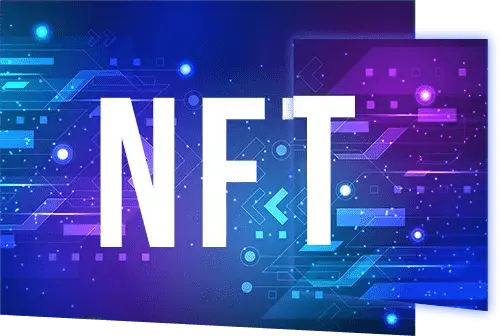- Services
- Hire Developer
- Our Products
- Insights
- Our Company

Supply Chain
Blockchain in Supply Chain
From an "end to end" perspective, the role of Blockchain in supplychain management (SCM) is to enhance the customer experience. Keeping up with technological and market developments is what it means to synchronize, and what better technology to do this than Blockchain.
How Blockchain can be incorporated in Supplychain?
As someone said correctly, modern problems require modern solutions. Blockchain will be the perfect solution for almost all supplychain solutions.
Tracking Problems
Blockchain can trace a product's path from a supplier of raw materials to a client. Every step of a product's journey through the supply chain results in a new transaction on the Blockchain.
Payment method
Some supplychain companies are using Bitcoin as a form of payment.
Smart Contract Inclusion
It enables the execution of smart contracts between participants in the supply chain. Each contract is still impenetrable.
Regulatory compliance
The supply chain may occasionally fail to adhere to regulatory obligations. Data audits may be easily verified with the help of Blockchain technology.


Future of Blockchain in the Market for Supply Chains
Blockchains do away with the requirement for information to be transferred via different media. Data is exchanged within your company, and transparency is attained on all fronts. Due to real-time tracking, there won't be any problems getting responses. The supply-chain business uses a lot of manual processes. Blockchain's ability to fully digitise data can aid in automated data digitization, ultimately speeding up processing. While some companies are hesitant to use blockchain in supply chain management, they are gradually coming around.
Streamlining supply chain operations
In one of his interviews, Stefan Gstettner, Partner and Director at Boston Consulting Group (BCG), stated that the supply chain is an end-to-end synchronisation of the complete value chain. This is where Blockchain will advance the supply chain, focusing on the concepts of "end to end" and "synchronisation."


Supplychain Development Services
Track and Trace Service
Have control over the movement of your products by tracking in real-time along the whole supply chain.
Smart Contract Development
For automating all processes, including arrivals and departures and many other operations, we create smart contracts.
Inventory Assistance
We allow complete control, from tracking inventory at all checkpoints to managing payments and audits.
Supplychain in Agriculture and Food
We offer a potential means to track the period from product manufacturing to customer delivery, fostering trust.
 info@infograins.com
info@infograins.com




















